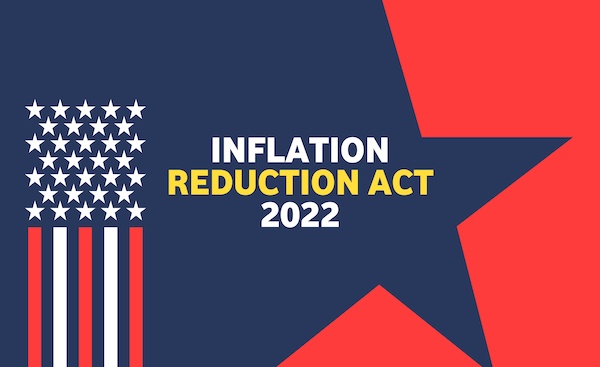How the Inflation Reduction Act Affects Senior Drug Prices

One often unrecognized fact regarding drug pricing is the the difference in bargaining power depending on what agency or group is doing the bargaining. Taking a simple but profound example, there is a huge difference in bargaining power between the U.S. Department of Veterans Affairs and the Department of Health and Human Services. In other words, those Americans who receive their drugs through the VA are much more likely to see lower prices than American seniors and the disabled who receive their medications under Medicare Part D. The reason for this is the way the programs pay for the product, that is, in other words, bargaining power. I first became aware of this when I realized a nearby nursing home used a bus to take residents to the local VA for medical reviews and prescription refills largely by reason of pricing. The VA preference was also helpful in our area when the former Lukens Steel discontinued health care coverage for multiple retirees who also happened to be Veterans. If Medicare could negotiate prices the same way as the VA the difference to average Americans could be remarkable.
How this concerns the IRA, the Inflation Reduction Act just recently passed through Congress and awaiting President Biden’s signature has a long and tortured history. Briefly stated, what many advocates for lower drug prices for seniors and the disabled have pressed for years has been to give the same bargaining power to Medicare that the VA has had historically. The IRA is a first step in that direction. Admitedly, it does not realize the goal of reducing drug prices by reason of improved bargaining power entirely or immediately but it has moved the dial in a way that has never been accomplished before despite decades of trying. For past studies see an older but valid General Accountability Office Study, “Prescription Drugs: Department of Veterans Affairs Paid About Half as Much as Medicare Part D for Selected Drugs in 2017,” According to the study Medicare and the Department of Veterans Affairs covered prescription drugs for about 52 million people in 2017. In the study’s sample of 300 brand-name and generic prescription drugs, the VA paid an average of 54% less per unit than Medicare, even after taking into account rebates and discounts. The study noted “the programs pay for drugs differently. Medicare reimburses the Part D plan sponsors to pay pharmacies, but the VA buys drugs directly from manufacturers…” The VA can “negotiate as a single health system with a unified list of covered drugs…” and use discounts defined by law that Medicare doesn’t have…”
What the IRA does is to begin to allow HHS to negotiate prices for some of the most expensive drugs under Medicare Part B and Medicare Part D. Medicare Part B relates to specialized drugs administered by health-care providers. Medicare D covers drugs that are filled at retail pharmacies. Phase 1 begins in 2026 then it progresses through phases to add additional drugs. In Phase 1 Medicare would negotiate 10 of the most expensive Part D drugs. There has been debate regarding which drugs these might be. Some suggestions have been Eliquis and Xarelto, anticoagulants, Januvia for type 2 diabetes, Imbruvica, Keytruda and Opdivo for certain cancers and Rituxan for certain cancers and inflammatory disorders. See “Passage of Inflation Reduction act gives Medicare historic new powers over drug prices,” Phase 2 would add 15 more high cost and high use drugs in 2027 and each year subsequent to 2029 would add more.
This is not to imply that this the only way in which the IRA relates to prescription drug pricing but it is one significant one. Other provisions include a cap on out of pocket prescription drug costs at $2,000 per year for medicare Part D drug plans beginning in 2025. One major accomplishment sets a $35 cap on insulin for Medicare recipients beginning just next year, 2023. A proposal to set the $35 cap for others did not pass Budget Reconciliation and was opposed by the opposing party.
Finally, the IRA “enhances and extends subsidies to private health insurance bought through the public marketplace that were introduced in 2020 under the American Rescue Plan Act…” See https://www.cnet.com/health/inflation-reduction-act-3-ways-the-bill-could-save-you-money-on-yoyur-health-care-costs/ Without these provisions premiums for those who use the health care marketplace (note general public, since seniors are generally not under the marketplace) would have been substantially increased.
About the Author Janet Colliton
Esquire, Colliton Law Associates, P.C. Janet Colliton has practiced law for over 38 years, 37 of them in Chester County, Pennsylvania, a suburb of Philadelphia. Her practice, Colliton Law Associates, PC, is limited to elder law, Medicaid, including advice, applications and appeals, and other benefits planning including Veterans benefits, life care and special needs planning, guardianships, retirement, and estate planning and administration.
